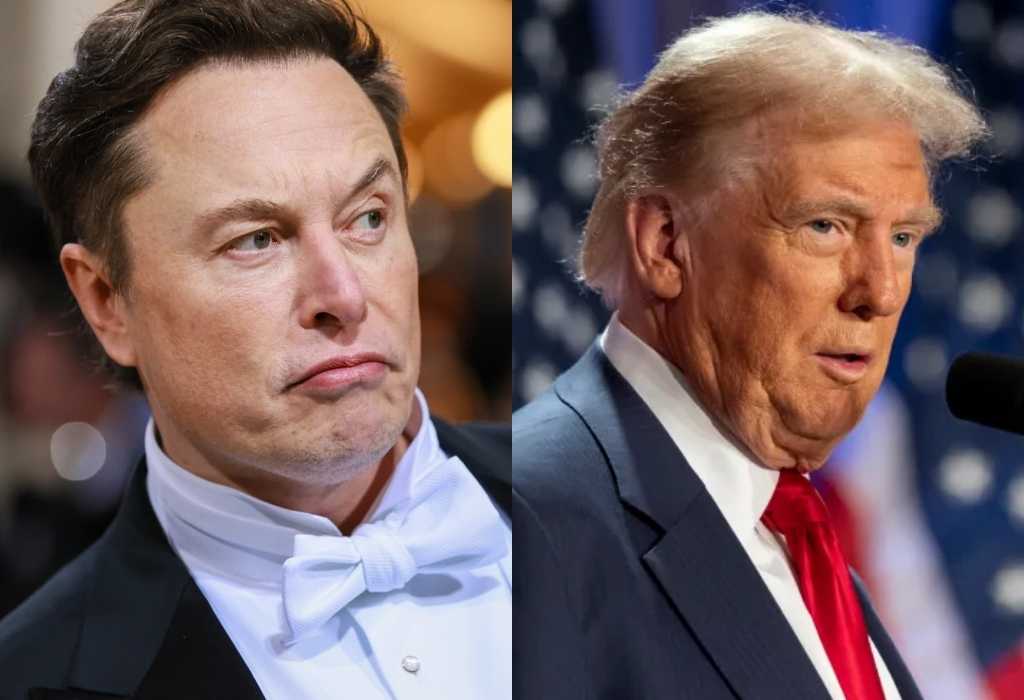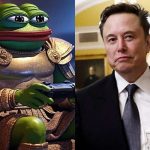By The Malketeer
As Marketers Weigh Loyalty Against Risk, X Promises a Turbulent Comeback
Elon Musk’s US$44 billion acquisition of X (formerly Twitter) was a gamble that’s now shaping up to be pivotal in the new U.S. political landscape.
Following Donald Trump’s Presidential win and Musk’s enthusiastic support of his campaign—including over US$100 million in donations—the platform may soon find itself in a unique position as a vital communication tool for the incoming administration.
But will brands return to a platform still mired in moderation controversies?
A Question of Political Leverage
Lou Paskalis, CEO of AJL Advisory, notes that some advertisers are likely to return to X, driven not just by traditional marketing motives but by potential political benefits.
“Companies seeking government contracts may look to get in the ‘good graces of Elon,'” Paskalis explained.
Musk’s appointment as co-head of a newly established Department of Government Efficiency only strengthens this belief, positioning X as an unofficial channel for the White House.
The ‘X’ Factor: Risks Brands Face
Yet, despite this newfound power, skepticism remains.
Disney, IBM, and Apple were among the high-profile brands to walk away last year when Musk slashed content moderation, leading to what some media directors now label “a mess.”
One source candidly remarked, “Which brand will take the risk?”
Signals of a Turnaround
Musk, never one to back down, has publicly predicted X’s resurgence.
In a recent interview with Joe Rogan, he asserted that “most of the boycott” could lift if Trump’s Presidency ushers in a new political alignment.
X’s CEO, Linda Yaccarino, echoed the optimism, declaring the platform ready to become a cornerstone of political discourse.
Data from Similarweb revealed a spike in X’s traffic post-election, signalling potential growth.
But the numbers also painted a conflicted picture: while active users surged, 115,000 accounts were deleted in a single day—a record exit.
This divide underscores the challenge X faces in balancing growth with content moderation that brands find palatable.
Strained Foundations: Financial Tensions
The business hurdles for X extend beyond advertiser confidence.
Musk’s platform is grappling with a US$13 billion debt, and the seven banks involved, including Morgan Stanley, are holding onto it for longer than expected.
Still, X continues to meet its debt obligations, even without Musk leveraging his Tesla or SpaceX assets as collateral.
A New Era or the New Truth Social?
The shadow of a merger with Trump’s Truth Social looms large.
Bruce Daisley, former Head of X’s EMEA operations, drew parallels between the two platforms: “Whether by accident or design, Musk has created not a new Twitter but a new Truth Social.”
Betting on the Unpredictable
The gamble for marketers now lies in balancing potential gains in political favour against reputational risk.
Sequoia Capital’s Shaun Maguire, who faced criticism for backing Musk’s takeover, remains optimistic: “Never bet against Elon.”
For brands, the decision to reinvest in X may not be about simple brand alignment—it may be about navigating an era where digital platforms and political power converge.
MARKETING Magazine is not responsible for the content of external sites.











